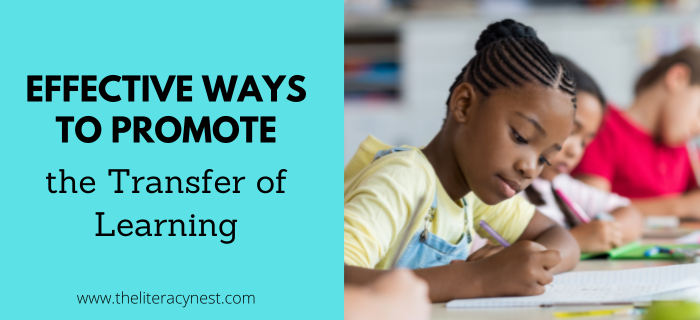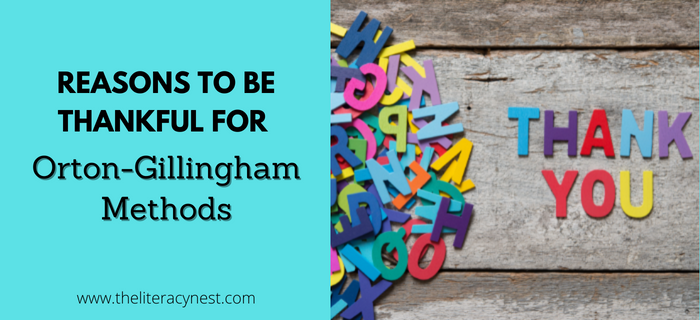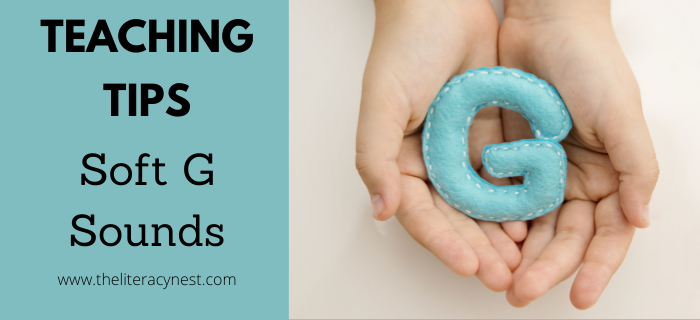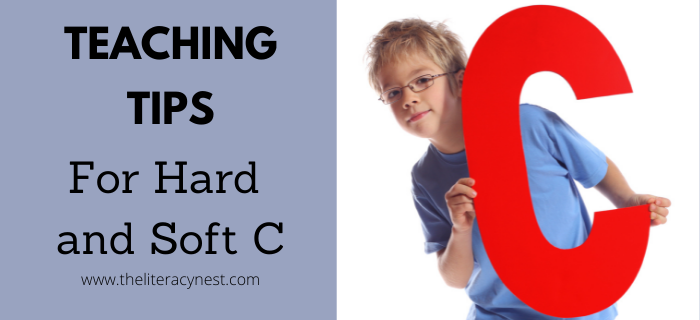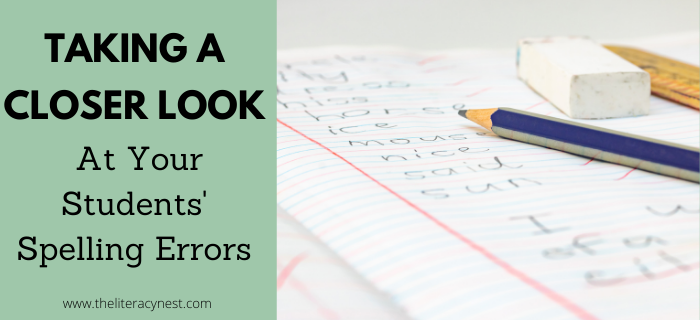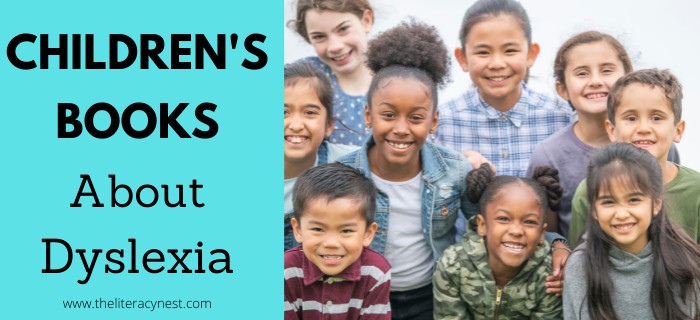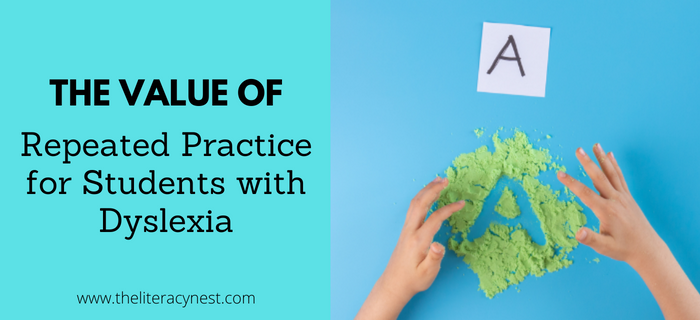Effective Ways to Promote The Transfer of Learning
Tyler’s classroom teacher shows you his latest writing assignment. He scored 100% on his latest posttest on structured literacy concepts, but his writing sample is full of errors. Despite all the practice on the k/ck spelling rule, he has not applied it here even once. You pop into Camryn’s classroom during reading time and despite…

